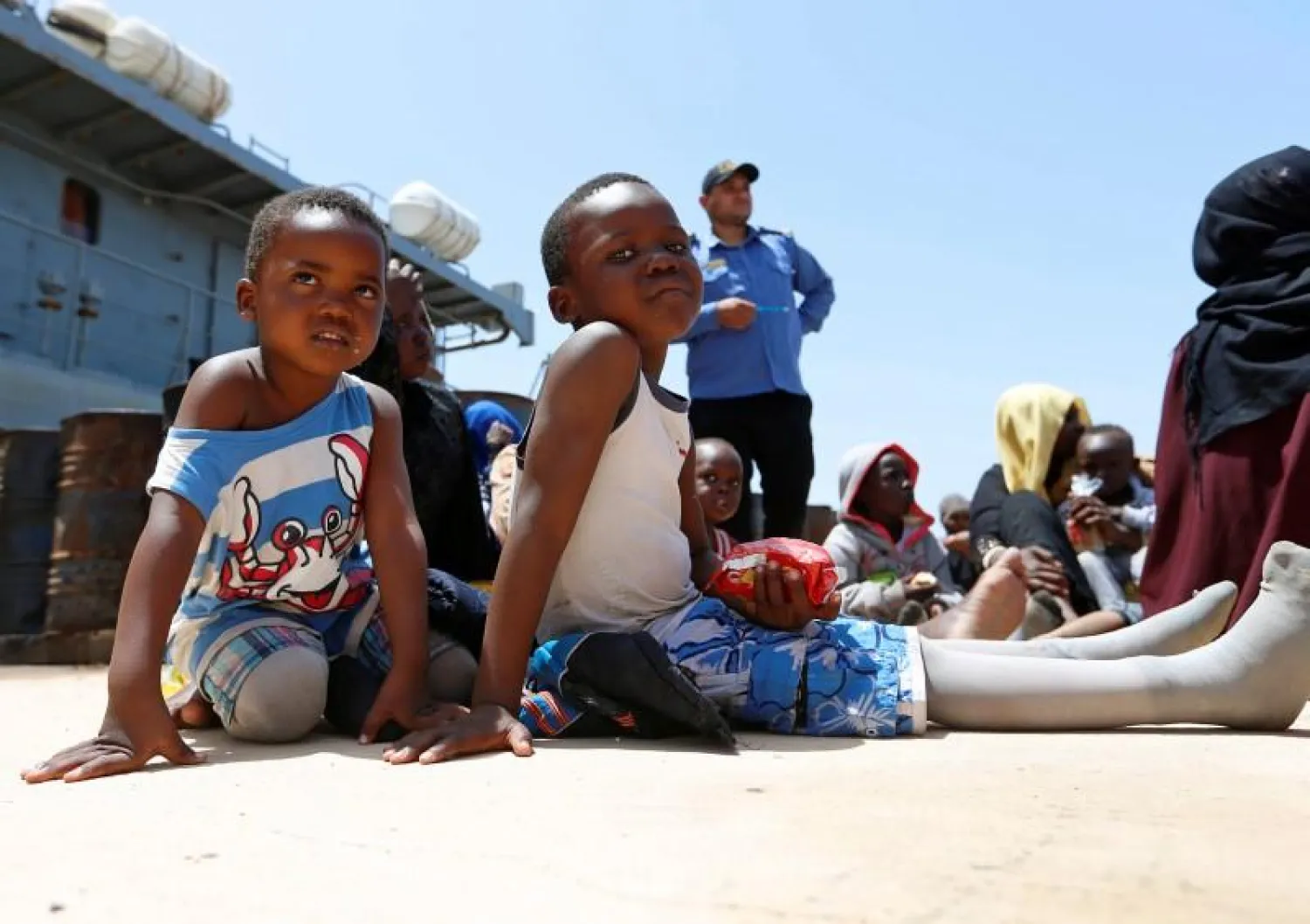Head of Libyan National Army (LNA) commander Khalifa Haftar warned on Friday that some international parties, which he did not specify, are attempting to create a military presence south of Libya, to countering illegal immigration.
In a statement issued, Haftar announced they received information about the desire of some international forces to establish a military presence in some areas of southern Libya in order to counter illegal migration.
“The command of the Libyan armed forces warns these parties against such actions, which are considered as a violation of international law and an attack on the Libyan state and its sovereignty," asserted Haftar.
The statement noted that LNA was ready to take any measures aimed at protection of the country’s sovereignty.
The statement pointed out that the leadership desires to establish “warm relations, and balanced strategic partnerships” with all international parties.
After liberating Derna from terrorist groups, LNA sources stated the army’s next goal is the city of Sabha where armed gangs and groups of African mercenaries, are located, as well as some remnants of terrorist groups.
On Thursday, Field Marshal Hafter announced the ‘‘liberation’’ of the city of Derna.
Meanwhile, National Oil Corporation (NOC) Chairman Mustafa Sanalla reiterated that this legal institution, recognized by the Organization of the Petroleum Exporting Countries (OPEC) and by the international community, is the entity responsible for the Libyan oil production and export operations, under the supervision of Fayez al-Sarraj’s government.
Speaking at the “1st Libyan-European Oil & Gas Summit” in Vienna, Sanalla asserted: “We are confident the international legal regime will hold and NOC East will not be able to export,” adding: “only NOC can sell Libyan oil on global markets,” and support from international powers including the US “underscores our position,” he said.
Sanalla also indicated that the Company had begun to plan to attract large-scale investments from the world's largest companies. However, sources at the Libyan oil port Zueitina said in return that the port officials did not allow the deployment of a tanker contracted by NOC.
An oil official said a tanker in Harika oil port was unable to unload completely because it did not have the proper permits from authorities in the east of the country.
On Thursday, a parallel NOC in the eastern city of Benghazi started blocking tankers booked by the Tripoli-based NOC from loading at Zueitina and Hariga.
“We took delivery of the ports and we have authority over them now,” head of the parallel NOC in Benghazi, Faraj Said, told Reuters, adding that orders had been issued to prevent the entry of any tanker that was not following its instructions.
In other news, more than 100 migrants are feared to have drowned off Libya’s western coast after their overloaded boat capsized, coastguard officials said on Friday.
The coastguard picked up 14 survivors from the boat just east of Tripoli, one of whom said the vessel had set off with 120-125 migrants on board, according to a coastguard statement.









